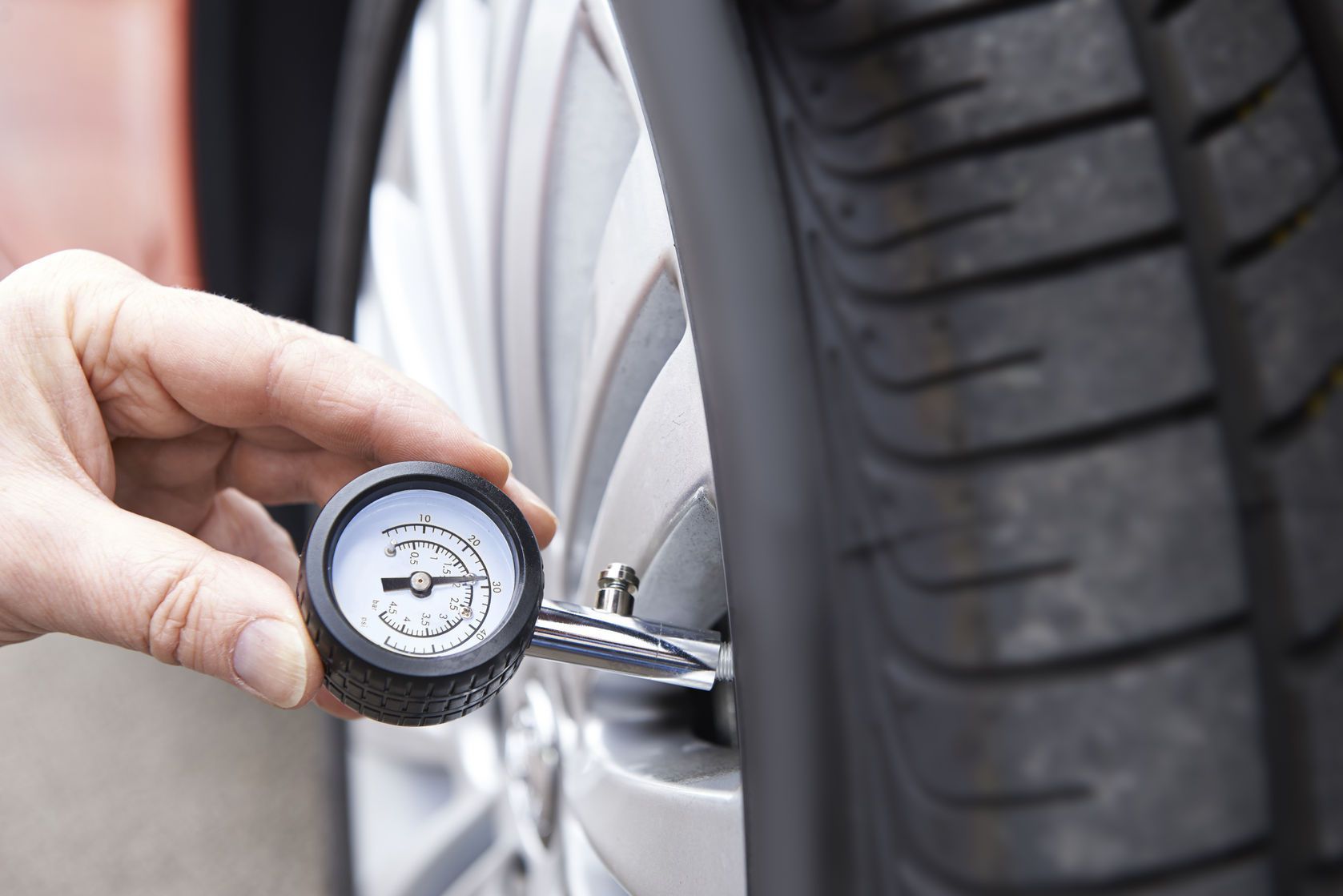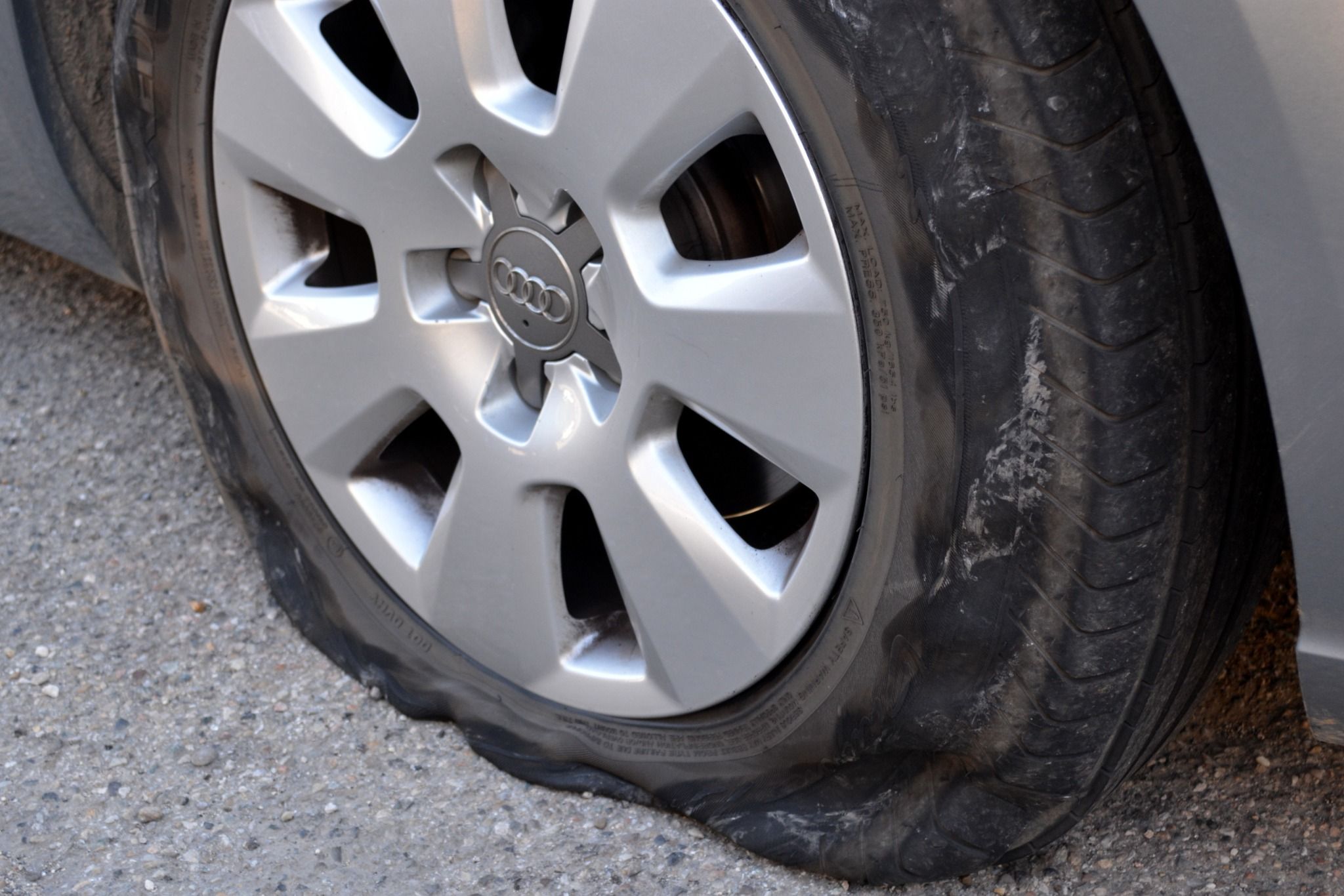What should you be looking for and when should you replace them?
Your car’s tyres are a crucial component of the vehicle overall. They’re the only point of contact between the car and the road, after all, and they’re what give your vehicle grip on tarmac. Of course, they also help your car to absorb lumps and bumps in the road, too.
But when it comes to the condition of your tyres, what should you be looking for and when should you replace them? Let’s take a look.
How long should my tyres last?
Much like a pair of shoes, how long your tyres will last will depend on how much you’re using them. You’re likely to see a fair few thousands miles from a new set of tyres, but how quickly you wear them out will depend on how long you’re travelling each year.
If you only do local routes and shorter journeys, then your tyres are going to last for a lot longer than for someone doing longer, more high-speed trips.
How should I check the condition of my tyres?
Even if you’re not travelling that frequently, you should aim to give your tyres at least a visual inspection quite frequently. Issues are quite easy to spot, but you should be looking out for any cuts in the wheel’s sidewall, as well as any bulges.
Plus, if you’ve recently hit a large pothole, then you should give your tyres a thorough going-over. Potholes can quite easily cause bulges in the tyre and, if left alone, these could result in a blowout.

My tyre keeps going flat - what does it mean?
If a tyre on your car keeps going flat, it’s likely that you’ve got a slow puncture. This may have come as a result of a nail in the tyre, or a small cut or graze in the sidewall.
But, thankfully, this doesn’t always mean that you need to replace it for a brand-new tyre. In fact, many tyre specialists can repair this sort of issue, patching up the hole and helping it to keep going for longer. This is also much cheaper than having to replace the tyre. However, always listen to the advice of the specialist - if the issue is too large to repair, then the tyre must be replaced for safety reasons.
How much tread should my tyre have?
Tyres need tread to not only grip, but displace water. In the UK, it’s that latter trait that is the most important, as it’s what helps to maintain grip on the roads when they’re wet. Therefore, ensuring that your tyres have the right amount of tread is key to their effectiveness.
The legal tread limit here in the UK is 1.6mm. It can be checked either by using a dedicated tyre tread depth gauge, or by using a 2p coin. When trying the latter, you should insert the coin into each of the grooves. If the outer band of the coin is obscured, then the tyres are still within the legal limit. If, however, you can see that outer band then they need replacing right away.

What about tyre pressures? How do I fill them correctly?
Running your tyres at the recommended pressure ensures that they’re working in their optimum window. Underinflated tyres cause excessive wear and increase fuel consumption, while over-inflated tyres can diminish braking capability. It’s why it’s best to set them to the correct levels.
The manufacturer’s recommended pressures can be found in your car, either in the operating manual or on a label behind the fuel filler cover. On some cars, they can also be found within the vehicle’s door shuts. Check them, and fill your tyres appropriately. Remember to adjust these pressures to the recommended levels when travelling with a fully loaded car, too.
Should I check my spare tyre too?
Absolutely. If your car comes with a full-size spare tyre, then you should periodically check it to make sure it’s still in good condition. After all, you’ll be relying on it if you ever break down.
So make sure it’s inflated to the correct pressure and, if it’s been sitting in the car for a long time, check that its sidewalls aren’t cracked. If they are, it might be time to swap it out for a new one.
